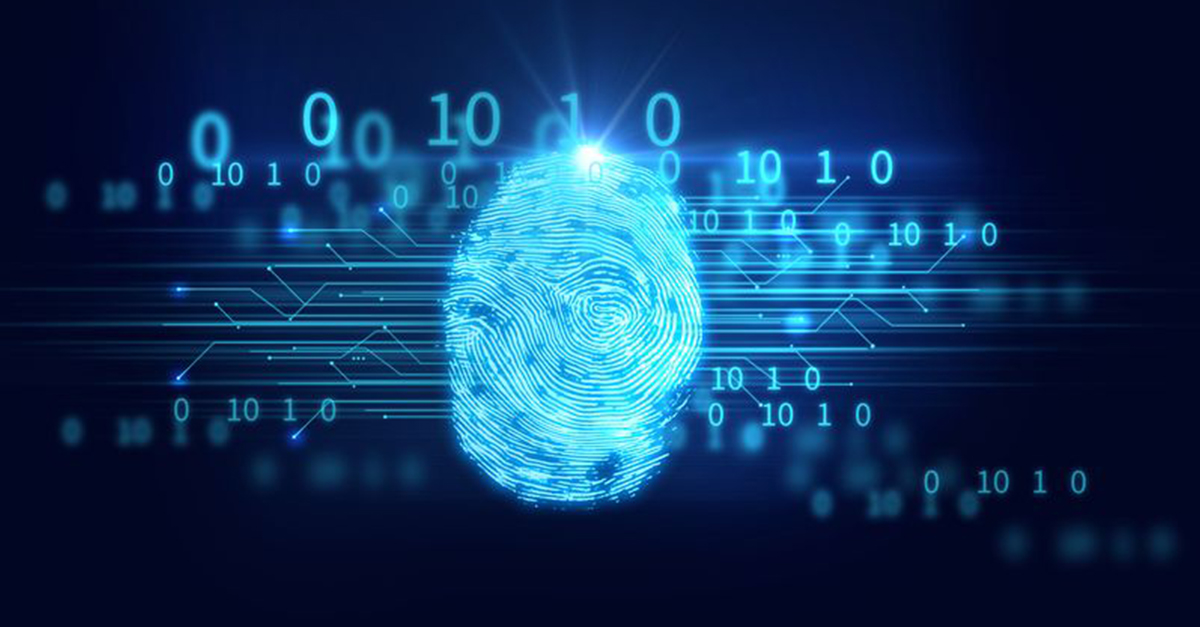
“Everything will be tokenized and connected by a blockchain one day,” said Fred Ehrsam, an American business executive and investor. Ehrsam is the co-founder and managing partner of cryptocurrency investment firm Paradigm. He is also the co-founder of cryptocurrency exchange Coinbase.
The recent increase in security breaches and digital surveillance underscores the need for increased confidentiality and security, particularly with regard to users’ personal data. Advances in cybersecurity and new laws promise to improve privacy. Blockchain and distributed ledger technologies offer new ways to protect user data through decentralized identity and other privacy mechanisms. These systems can give users more sovereignty through tools that allow them to own and control their own data. Artificial intelligence offers additional opportunities to improve the system and user security, enrich data sets, and maintain enhanced analytical models.
Here is how Blockchain can improve data protection on the Internet:
Provision of private messages:
As the internet shrinks the world into a global village, more and more people are joining social media. The number of social media platforms is also growing. More and more social apps are launching at dawn as conversational trading is getting more and more popular. A large amount of metadata is collected during these interactions. Most users of social media platforms protect their services and data with weak and unreliable passwords.
Most messaging companies are gearing up for blockchain to provide user data as a better option than the end-to-end encryption currently in use. Blockchain can be used to create standard security protocols. To enable cross-message communication capabilities, blockchain can be used to form a unified API framework.
IoT security:
Hackers are increasingly using end devices such as thermostats and routers to gain access to entire systems. With the current craze for artificial intelligence (AI), it is becoming easier for hackers to access complete systems such as home automation via end devices such as “smart” switches. In most cases, many of these IoT devices have schematic security features.
In this case, blockchain can be used to protect a complete system or device by decentralizing its management. This approach will allow the device to make independent security decisions. Independence from central administrators or agencies enhances border guard security by detecting and responding to suspicious commands from unknown networks.
DNS and DDoS Protection:
A Distributed Denial of Service (DDoS) attack occurs when the user of the target resource, such as network resource, server, or website, access or service to the target resource is denied. These attacks kill or slow down system resources.
On the other hand, a healthy Domain Name System (DNS) is highly centralized, making it an ideal target for hackers looking to hack into the relationship between IP addresses and website names. These attacks make websites inaccessible, reachable, and even redirect to other malicious websites.
Fortunately, blockchain can be used to mitigate these types of attacks by decentralizing DNS records. By implementing a decentralized solution, the blockchain will remove a single, vulnerable point used by hackers.
Findora Defi is a public, decentralized, multi-purpose transactional system, with tools for people and financial applications to operate over a ledger in a publicly auditable, yet confidential way. Findora Defi is a globally trusted financial infrastructure owned and democratically secured by a decentralized network of worldwide organizations and economically incentivized parties.
